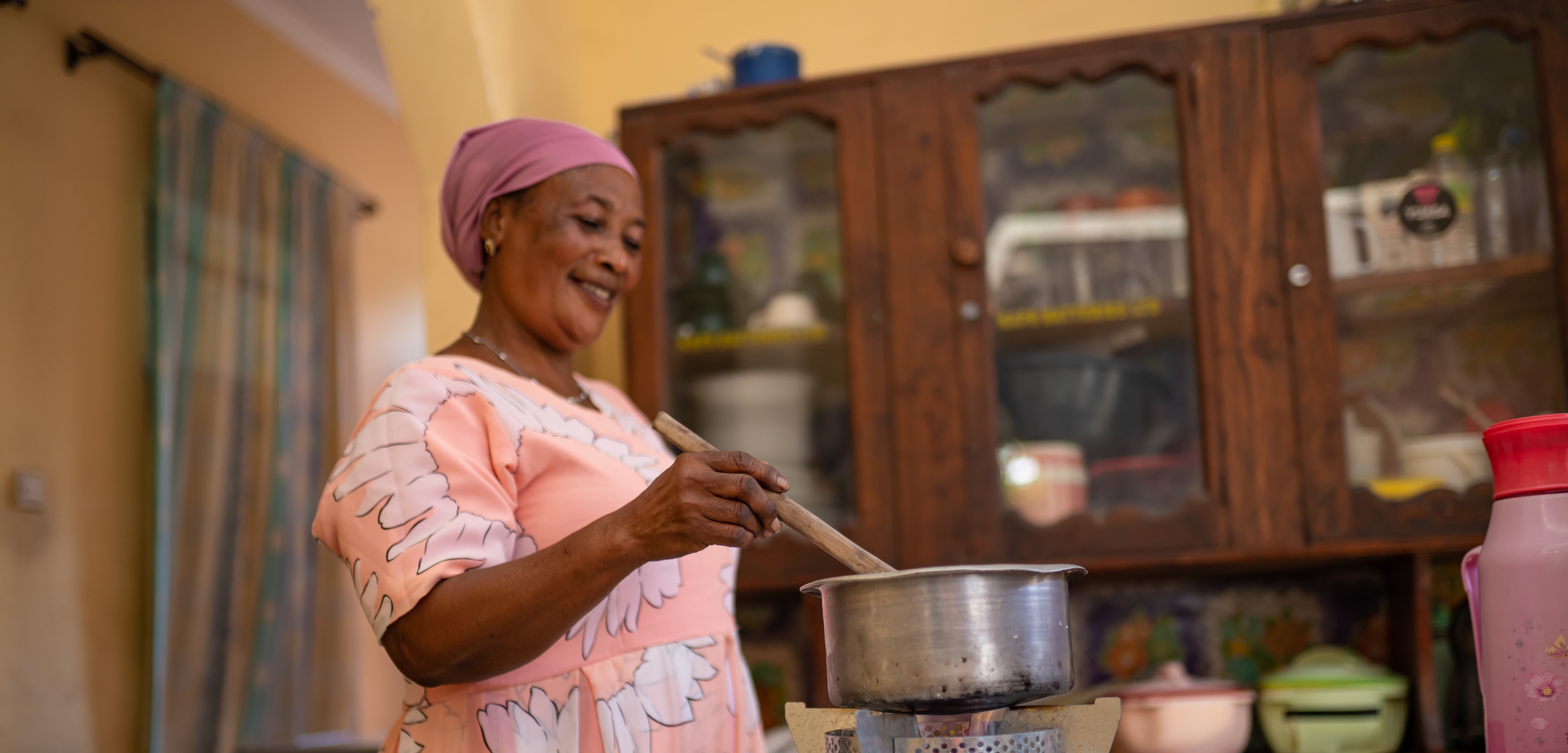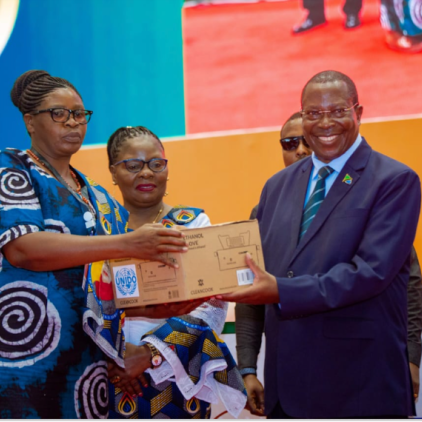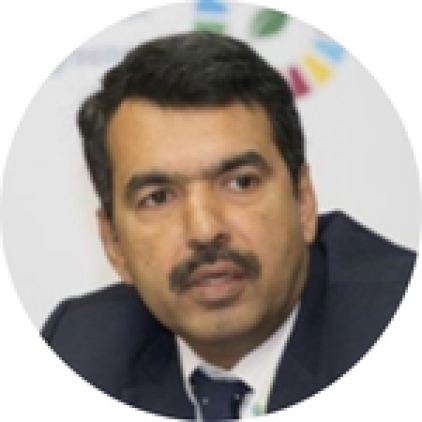Globally, 2.3 billion people still use unsustainable and polluting fuels and technologies for cooking. This is detrimental to health and the environment.UNIDO supports countries to implement modern clean cooking solutions, focusing on the creation of value chains for clean cooking fuels and technologies. UNIDO's Global Impact Programme for Clean Cooking accelerates the adoption of clean cooking solutions through a multi-faceted approach involving technology deployment, capacity building, innovative financing and strategic partnerships. Through initiatives such as the Council on Ethanol Clean Cooking (CECC), UNIDO brings together key stakeholders to pursue common action and collaboration towards a sustainable and just energy transition pathway to achieve access to clean cooking.
Overview
Approach
The solution leverages on UNIDO’s tested tools and approaches in promoting access to innovative, renewable and environmentally friendly technologies.
Promotes the development, production and adoption of modern clean cooking technologies, focusing on modern efficient cook stoves and alternative fuels that are culturally acceptable, affordable and scalable.
Prioritizing behavior change through involvement of local communities and stakeholders in the planning and implementation of projects
GIPCC employs a market-based approach, enhances local capacities through training, and implements rigorous monitoring and evaluation to ensure the sustainability and impact of clean cooking interventions.
collaborating with governments, private sector companies especially SMEs, NGOs IFIs and international organizations to create a supportive ecosystem for clean cooking initiatives and leveraging existing global and regional networks
Impact
The reduction of carbon emissions is achieved through the promotion of low-carbon cooking technologies. This also contributes to health improvements by reducing household air pollution. Additionally, there is support for economic development by fostering local markets for clean cooking technologies. Another important aspect is building local capacity by training communities in the use and maintenance of these clean cooking technologies.
Key Indicators
SDGs:
UNIDO Priorities:
Thematic Area(s):

Technology Used
Cook stoves and cleaner fuels like ethanol, biogas, pellets and electricity. These technologies are designed to significantly reduce or eliminate carbon emissions and household air pollution compared to traditional biomass-based cooking methods.

Catalytic Outlook
Multi-sectoral approach (involving agriculture, industry, energy and commerce) to modern clean cooking solutions creates markets and supply chains triggering economic development, energy security and gender equality.

Unique Solution Characteristics
The scalable solution for clean cooking creates lasting impact by creating markets and empowering private sector through financing mechanisms and working with local communities to build up their capacity in the use and maintenance of clean cooking technologies through targeted training. The multi-sector solution also spurs local economic growth through industrialization and value chain development and fostering local markets for modern clean cooking solutions.
- Swedish International Development Cooperation Agency (SIDA)
- The OPEC Fund for International Development
- Global Environment Facility
Networking, capacity building, training, awareness campaigns, global forums






